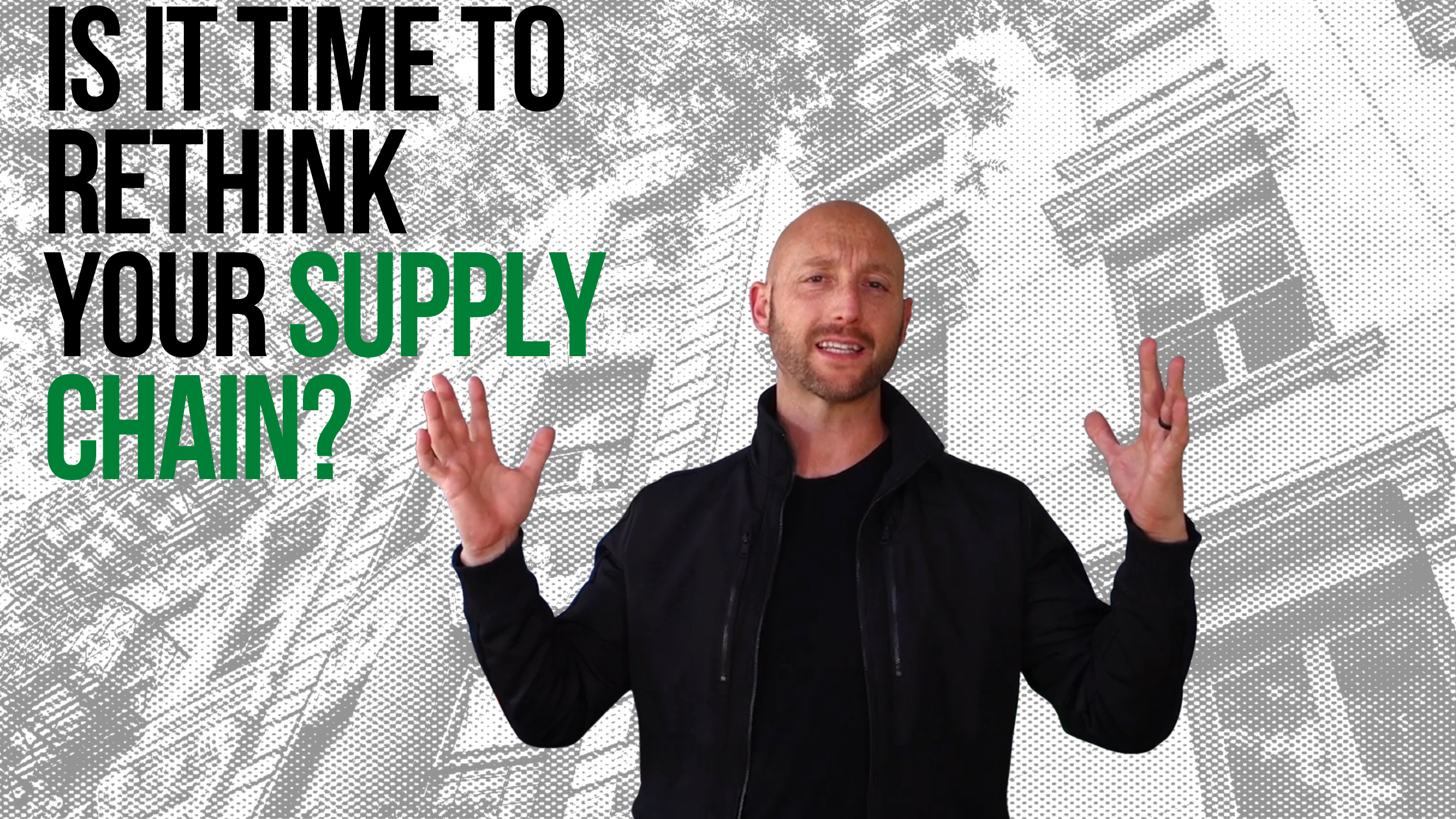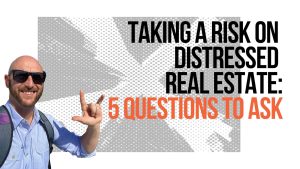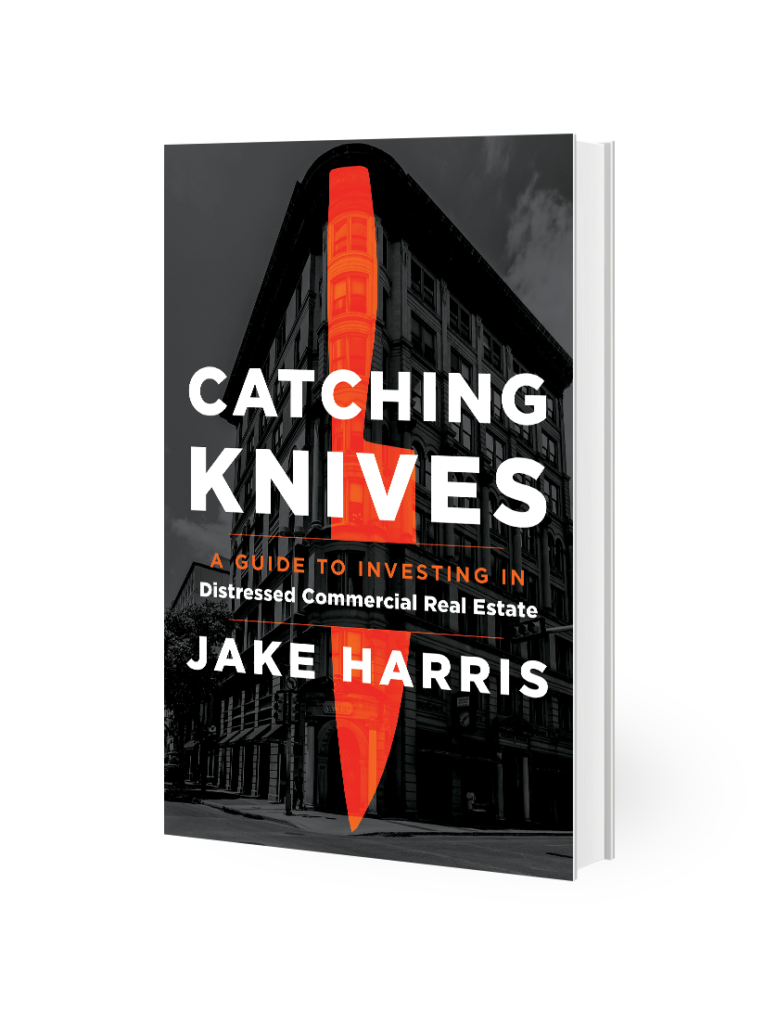Afraid of the inevitable recession coming our way? What if I told you there’s ways to leverage wisdom to not just survive but grow in a recession?
The truth is, distressed markets have great opportunities and with the right preparation, they don’t have to be detrimental. Below, I share four actions you can do that will help you survive any distressed market.
Find balance in your life.
It’s easy to gravitate towards where you have accolades. Money can be an attractive but all consuming item in your life if you let it. In the beginning of my journey, I made the mistake of centering my life around money, causing myself to go bankrupt in the other areas of my life. I needed to take a step back and expand my mind. Joining a group called Gobundance allowed me to start developing my health, my relationships, and the other parts of my life that I had neglected in the past. When you are invested in these other areas of your life, a distressed market won’t feel as devastating.
Leverage other people.
When the market crashed, I ran out of money before I ran out of properties and ended up losing my last two homes to foreclosure. From that point, the only thing I could do was leverage other people’s balance sheets, experience, and capital. I then was able to build systems around these. I worked for a home builder that sold around 10,000 homes for $400 million before the crash. He had lived through other crashes before, so he knew what he was doing and pulled out at a time that allowed him to survive the recession with a lot of money. I learned from the wisdom that he offered and saw how he pulled through a distressed market.
Buy when there is blood in the streets, even if it is your own.
After I got up and dusted myself off, I started buying at foreclosures and trustee sales. I put together single-family unit portfolios and scaled them. Some of the best deals can be found during this time. Over time, I worked up to 1300 homes in 23 states which caused me to want to do bigger deals. I learned that my sweet spot is playing ahead of institutional capital. Of course, this requires doing research and being aware of where institutional capital is headed.

Do your due diligence.
Just because it’s a foreclosure or distressed, doesn’t mean it’s a good deal. Most residential housing deals have plenty of disclosures, disclaimers, and other protections. With commercial real estate, the buyer is completely liable for whatever they purchase. It is entirely up to you to learn about the property and deal with any issues that may come up once you have purchased it. Pay attention to who owned it before you and who the tenants were before you. Dry cleaners, gas stations or other companies that use heavy chemicals may cost you money to repair or clean up hidden damage to the environment. Always be mindful of the previous tenants and businesses that occupied space before you. Calculating this risk ahead of time will allow you to save more money in the long run.
Want to learn more about surviving a distressed market? Catch my interview on “Lifetime Cash Flow with Rod Khleif” here.
Still looking for more ways to leverage a distressed market? I wrote my book, Catching Knives: A Guide to Investing in Distressed Commercial Real Estate during the pandemic to help investors prepare and grow during difficult markets. You can order your copy here.
Follow Along:
Instagram: @Jake.RealEstate
LinkedIn: Jake Harris
Youtube: Jake Harris












